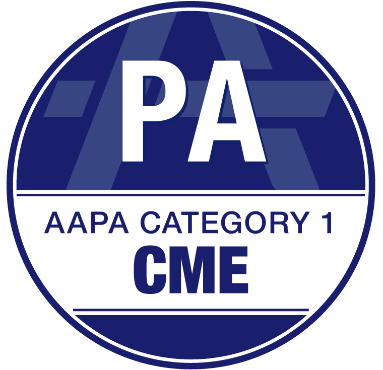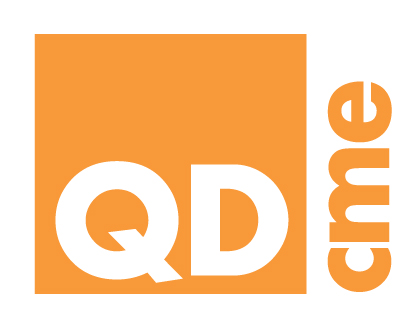
Tackling Obesity in Appalachian Healthcare: Approaches, Challenges, and Solutions
Appalachia faces significant healthcare challenges, particularly in rural and underserved areas where access to primary and preventive care remains limited. These regions consistently rank among the lowest in national health metrics, with high rates of chronic conditions like diabetes, heart disease, and obesity, necessitating comprehensive and accessible healthcare services. Despite the same shortage of physicians, advanced practice providers (APPs)––including nurse practitioners (NPs) and physician associates (PAs)––make up a significant part of Appalachia’s primary care workforce. Given this shortage of primary care providers, APPs play a crucial role in bridging healthcare gaps, providing cost-effective, high-quality medical care, and improving overall population health. NPs and PAs are particularly well-positioned to provide patient-centered care, manage chronic conditions, and deliver preventive healthcare services that are essential in a state facing significant health challenges.
Register for Tackling Obesity in Appalachian Healthcare: Approaches, Challenges, and Solutions for practical and relevant evidence-based content related to the long-term management of this chronic condition.
This educational activity will offer a new microlearning format, delivering bite-sized educational content through AI-enhanced tools in a way that is easy to consume and retain. Learn anytime, anywhere with our 15-minute interactive microlearning activities—quick, engaging, and designed to fit your busy schedule!
Target Audience
The target audience for this program includes physicians, advanced practice providers, and other clinicians who manage patients with obesity in the Appalachian region.
Learning Objectives
After participating in this education, learners will be able to:
- Summarize data on the clinical, economic, and societal burden of obesity in Appalachia.
- Identify the key components of a comprehensive obesity management plan.
- Review available pharmacological options for obesity, their efficacy, dosing, and side effects.
- Discuss emerging data on the benefits of obesity medication beyond weight loss.
- Delineate monitoring requirements for pharmacologic therapies used for obesity.
- Discuss techniques for using shared decision-making with patients with obesity.
Caitlin Davidson, DNP, APRN, FNP-C
Stephanie Rose, MD, MPH
In support of improving patient care, this activity has been planned and implemented by UK HealthCare CECentral and QDCME. University of Kentucky HealthCare CECentral is jointly accredited by the Accreditation Council for Continuing Medical Education (ACCME), the Accreditation Council for Pharmacy Education (ACPE), and the American Nurses Credentialing Center (ANCC), to provide continuing education for the healthcare team.


Faculty Disclosure
All planners, faculty, and others in control of educational content are required to disclose all their financial relationships with ineligible companies within the prior 24 months. An ineligible company is defined as one whose primary business is producing, marketing, selling, re-selling, or distributing healthcare products used by or on patients. Financial relationships are relevant if the educational content an individual can control is related to the business lines or products of the ineligible company.
None of the planners, faculty, and others in control of educational content for this educational activity have relevant financial relationship(s) to disclose with ineligible companies.
The material presented in this course represents information obtained from the scientific literature as well as the clinical experiences of the speakers. In some cases, the presentations might include discussion of investigational agents and/or off-label indications for various agents used in clinical practice.
Speakers will inform the audience when they are discussing investigational and/or off-label uses.
Content review confirmed that the content was developed in a fair, balanced manner free from commercial bias. Disclosure of a relationship is not intended to suggest or condone commercial bias in any presentation, but it is made to provide participants with information that might be of potential importance to their evaluation of a presentation.
Acknowledgment
 .
.
 Facebook
Facebook X
X LinkedIn
LinkedIn Forward
Forward